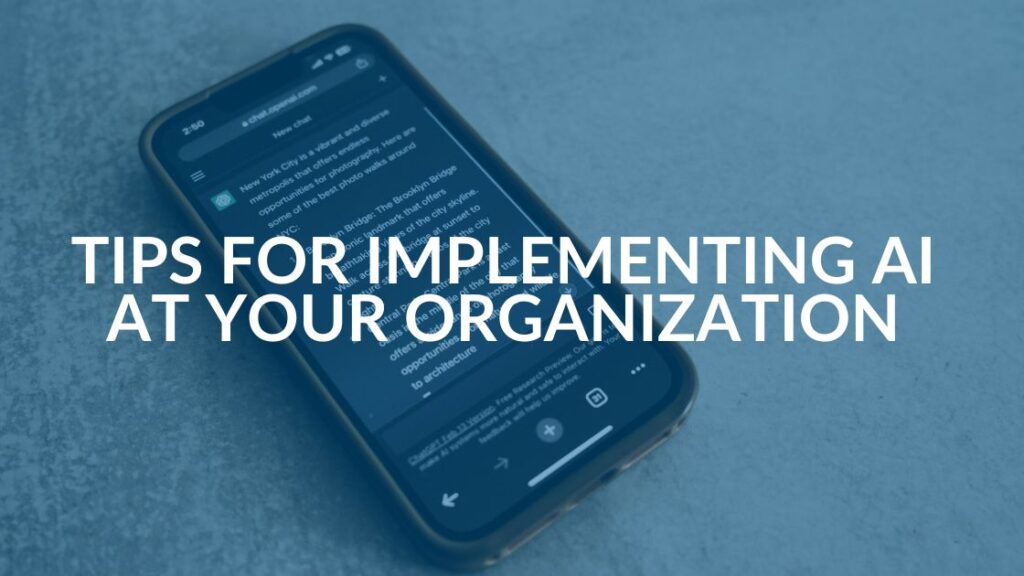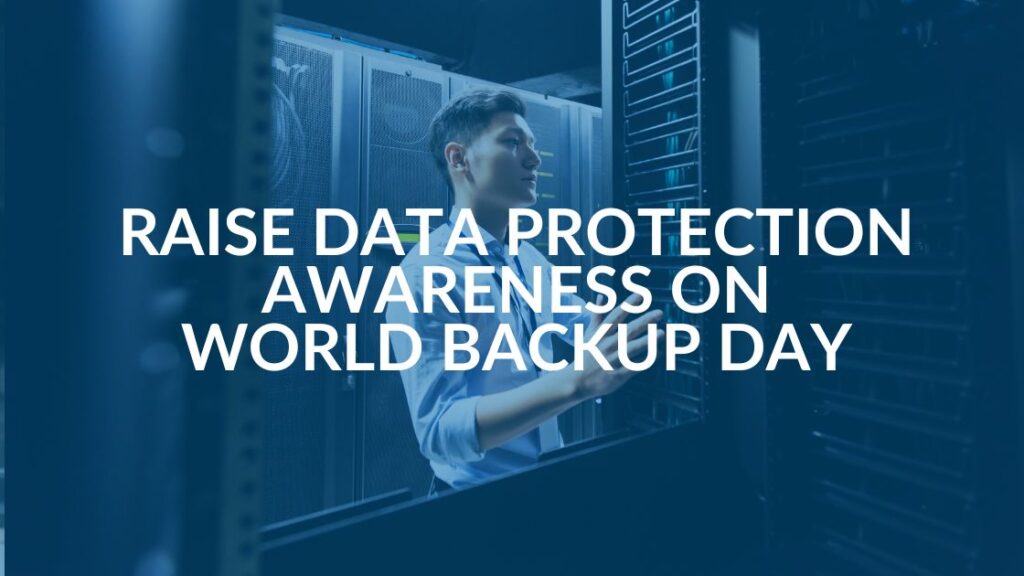Business Continuity Guide for City Officials

The resilience of a city’s operations hinges on its ability to effectively weather unforeseen challenges. From natural disasters to cyber threats, the need for robust business continuity planning has never been more critical.
As city officials, you play a critical role in safeguarding the continuity of essential services and infrastructure, minimizing downtime and ensuring your community remains resilient in the face of adversity.
General Paul Nakasone, Former NSA Director, said “cybersecurity is national security,” and we completely agree. As an expert managed service provider with over three decades of experience ensuring our clients are stable, productive AND secure, we want to help you develop a business continuity guide to make sure your municipality stays resilient in the event of a disaster.
Understanding the Landscape of Disruption
According to PwC’s 2023 Global Crisis and Resilience Survey, a staggering 96 percent of business leaders reported experiencing disruptions within the past two years. These incidents, ranging from extreme weather events to cyberattacks, have left a lasting imprint on organizational operations, with 76 percent citing medium to high impacts on their functions.
As a result, 89 percent of executives have prioritized resilience as a top strategic initiative, but only 70 percent express confidence in their organization’s ability to effectively respond to disruptions.
This gap underscores the critical need for comprehensive business continuity planning to fortify organizational readiness and response capabilities against cyber security threats.
So, what can you do? How do you develop a business continuity guide?
Crafting Your Business Continuity Guide
At the heart of effective crisis management lies a well-defined business continuity plan (BCP). A BCP serves as a strategic playbook, offering clear directives on navigating disruptions and minimizing operational downtime.
Whether it’s a natural disaster, civic unrest or cyber incident, a robust BCP equips your organization with the necessary framework to sustain essential functions and mitigate adverse impacts.
Key Components of a Business Continuity Plan
A BCP encompasses a range of elements, including the following three main categories:
1. Assessing Critical Processes
Start by identifying key functions that are fundamental to your organization’s operations. These may include core services, essential infrastructure or critical support systems.
Conducting a thorough business impact analysis involves evaluating the potential impact of disruptions on each identified process. Consider factors such as resource dependencies, financial implications and regulatory requirements to gauge vulnerability accurately.
Not sure where your weak points are? Get a vulnerability assessment from a trusted IT support partner.
Understanding the interdependencies and potential cascading effects of disruptions allows you and your coworkers to prioritize mitigation efforts and allocate resources more effectively.
2. Setting Recovery Objectives
Setting recovery objectives is essential for establishing clear targets and priorities in the event of a disruption. The recovery time objective (RTO) defines the maximum acceptable downtime for each critical process, guiding the timeline for resuming operations. Meanwhile, the recovery point objective (RPO) determines the acceptable level of data loss, informing backup and recovery strategies.
These objectives should align with business needs, regulatory obligations and customer expectations to ensure continuity and minimize disruption impact.
The bottom line? Defining RTOs and RPOs early in the planning process lets you streamline recovery efforts and optimize resource allocation.
3. Detailing Responsibilities
Clear delineation of roles and responsibilities is paramount to effective crisis management and business continuity. Begin by identifying key stakeholders, both internal and external, who play critical roles in maintaining operations during a crisis.
Clearly outline each individual’s responsibilities, including tasks, decision-making authority and communication protocols. Ensure that all stakeholders understand their roles and are adequately trained to fulfill their duties effectively.
And, if your organization can’t monitor threats 24/7, outsource to a security operations center (SOC) to protect your assets.
It’s important to note that detailing responsibilities isn’t a “set it and forget it” action. Regularly review and update role assignments to accommodate organizational changes and evolving threats.
Testing and Refinement: The Path to Resilience
Devising a BCP is just the first step; regular testing and refinement are essential to ensuring its efficacy. Through tabletop exercises, structured walk-throughs and simulations, your team can identify gaps, assess response strategies and enhance preparedness.
Integrating new employees into testing scenarios enables you to leverage fresh perspectives to strengthen your plan’s resilience.
Fostering a Culture of Preparedness
Effective business continuity planning extends beyond documentation; it requires organizational buy-in and awareness at all levels. Engage senior management in plan development and emphasize the importance of ongoing review and support.
Prioritizing training and awareness initiatives empowers your employees to act quickly and decisively in times of crisis, reinforcing the resilience of your city’s operations. And, if you want a list of non-technical things you can do to increase your cybersecurity today, we have a free cyber security ebook on the subject.
Make a Business Continuity Guide to Build a Resilient Future
As city officials, you are at the forefront of ensuring the continuity and resilience of your municipality. By embracing proactive business continuity planning, you equip your organization with the tools and strategies needed to navigate uncertainty and safeguard your community’s well-being.
If you’re looking for expert insights on how to craft your own business continuity guide, contact us or book a meeting with one of our IT professionals.
Share this Blog

Is Your Name or Birthday a Part of Your Password?
If so, you’re a part of the 59 percent of people who don’t follow proper password hygiene. More than 70 percent of passwords are used for more than one system, meaning if cybercriminals crack one, they can access a lot more accounts.
Our free Enterprise Password Management Guide will give you the best password hygiene practices to help you secure your computer and your business.
Download the Guide
Explore the Latest Trends in IT

Microsoft 365 and Google Workspace: The Importance of Backing Up Your Cloud-Based Applications

AI Guiding Principles

Edge vs Chrome Security: Which Is the Best Browser for Your Business?




